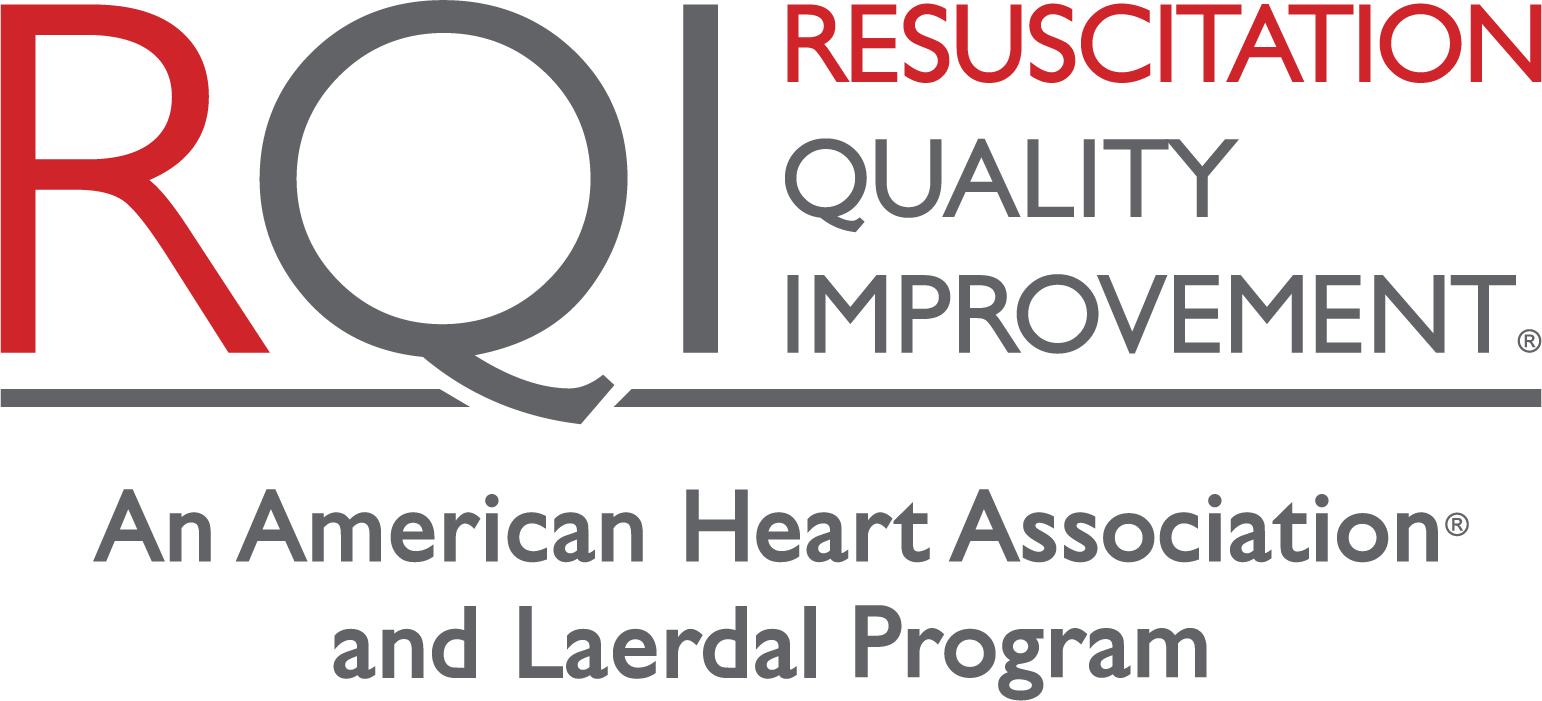Assessment, Contextual Learning, Low Dose, High Frequency
ASSESSMENT DESIGN
-
Low-stakes Assessment
An assessment of learner knowledge and/or skill that does not require a passing rate as a course completion requirement.
-
High-stakes Assessment
An assessment of learner knowledge and/or skill that does require a passing rate as a course completion requirement.
-
Clinical Knowledge Assessment
An assessment of learner cognitive knowledge in the domain of clinical content.
-
Technical Skills Assessment
An assessment of a learner’s ability to demonstrate technical skills, such as CPR.
-
Non-Technical Skills Assessment
An assessment of a learner’s ability to demonstrate non-technical skills, such as team dynamics and communication.
-
Longitudinal Design
A continued assessment of a learner’s knowledge and/or ability to demonstrate a skill during the learning process or over a period of time vs one assessment at the conclusion of a course.
-
Contextualization
Assessment includes characteristics that are reflective of a learner’s real-world application of knowledge and/or skill, including environment, emotion, and relevancy.
— Assessment Research —
Assessment, Contextual Learning, Debriefing, Deliberate Practice, Feedback, Low Dose, High Frequency, Mastery Learning
Resuscitation Education Science: Educational Strategies to Improve Outcomes From Cardiac Arrest: A Scientific Statement From the American Heart Association
Certified basic life support instructors identify improper cardiopulmonary resuscitation skills poorly: Instructor assessments versus resuscitation manikin data
Assessment, Feedback, International
Use of a Real-Time Training Software (Laerdal QCPR®) Compared to Instructor-Based Feedback for High-Quality Chest Compressions Acquisition in Secondary School Students: A Randomized Trial
Accuracy of instructor assessment of chest compression quality during simulated resuscitation
The use of objective and technology-based measures of chest compression quality for feedback in simulated resuscitation settings is supported.
